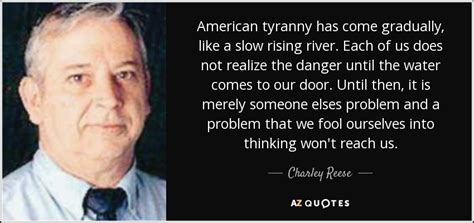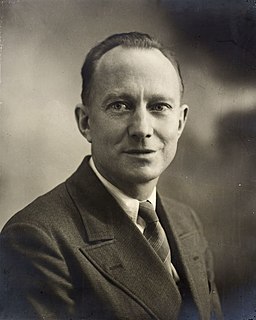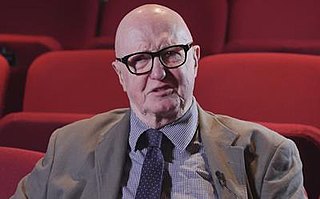A Quote by Linda Colley
In both British and American history, fervent imperialism has always coexisted with bouts of fierce isolationism.
Quote Topics
Related Quotes
I think I've actually benefited from Australia being a kind of combination of both British and American culture. We kind of got the best of both British and American television and books, science fiction and fantasy, and so on. So I'm familiar with a lot of, for example, American books and television that a British author of my generation might not be.
Perfectionism, no less than isolationism or imperialism or power politics, may obstruct the paths to international peace. Let us not forget that the retreat to isolationism a quarter of a century ago was started not by a direct attack against international cooperation but against the alleged imperfections of the peace.
Some politicians are scared of Putin and some are extremely apologetic, actually. And I feel very sorry for this because some people who are like my friends from the left flank, they praise Putin because they see him as the fighter against American imperialism, which he is not. You know, why would you select between American imperialism and Russian imperialism? To my mind, it's exactly the same thing.
In the late 1930s, both the British and American movie industries made a succession of films celebrating the decency of the British Empire in order to challenge the threatening tide of Nazism and fascism and also to provide employment for actors from Los Angeles's British colony. The best two were Hollywood's Gunga Din and Britain's The Four Feathers...






































